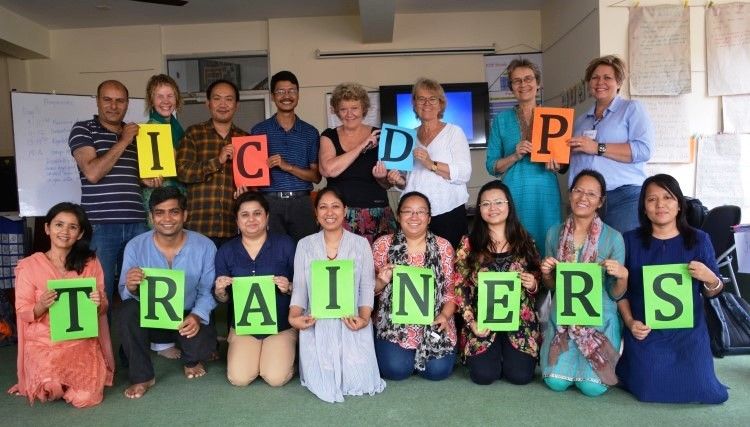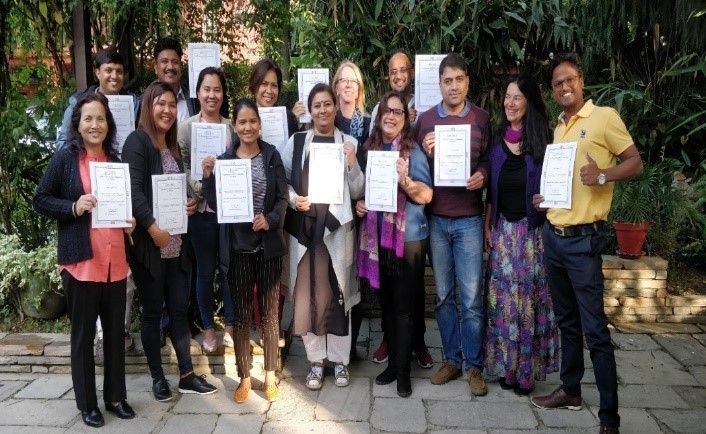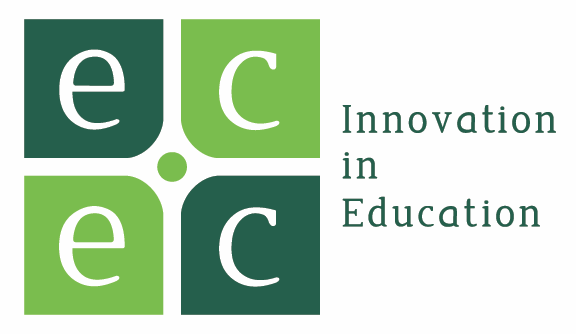Call us for any queries
+977-01-5448439,+977-01-5449063Bhanimandal, Lalitpur
NepalOffice Hour: 8:45am - 5:15pm
[email protected]

International Child Development Program - ICDP
About
“ICDP is based on the idea that human beings are by nature social, and that also means that we, as human beings, are particularly vulnerable in our social relationships because that is the domain of our suffering and our happiness. So when we are deprived of normal human contact, there is suffering and loss, as we can see in institutionalized children. This is where ICDP comes in to restore and revive normal human caring interaction. And this does not only apply to care for babies and young children, it applies at all levels of life from babies to youth, adults and elderly – we are all living in relationships with each other, and the quality of these relationships decides how we feel, cope and develop. Therefore ICDP is in principle applicable at all these levels…”
– Professor Karsten Hundeide
International Child Development Programme began developing in 1985 but an organisation was not founded until 1992 when it was registered as an international foundation, in Oslo, Norway. Professor Karsten Hundeide led the organization as chair till he died in September 2011. Markus Hoff Berge, one of the founders of ICDP, has been the main sponsor of ICDP core operation since its beginning. Nicoletta Armstrong is the current chair. As one of the ICDP founders and board member since the beginning, Nicoletta has been developing with Karsten all aspects of ICDP, didactic, evaluative, promotional, as well as organizational. She established cooperation with UNICEF and pioneered an adapted version of ICDP called “Tambien soy persona” in large scale projects in Latin America.
ETHOS
The ethos of ICDP is to provide for human care by activating empathy and education of both caregivers and their children. We aim to implement knowledge from scientific research for the benefit of disadvantaged and neglected children, through a simple and culturally adaptable programme for children’s caregivers. Our work is based on the principles that are laid down in the UN Convention on the Rights of the Child. ICDP may participate directly or indirectly in activities run by other humanitarian organisations having corresponding objectives.
ENDORSEMENT BY WHO AND UNICEF
In 1993, the psychosocial intervention programme developed by ICDP was evaluated by the Division for Mental Health of the World Health Organisation (WHO) in Geneva. As a result, the WHO adopted ICDP as a mental health programme and the ICDP manual was published as a WHO/ICDP document. ICDP has also developed close cooperation with UNICEF, which in some countries lasted for many years and resulted in large scale ICDP implementation.
COMPETENCE BUILDING WORLDWIDE
ICDP is a competence-building organization in the field of psycho-social and educational care of children at high risk. Our work is directed towards vulnerable children, their caregivers and families. ICDP is a flexible programme that has been tested out in different societies all over the world from Indonesia to Latin American, from South Africa and Angola to Scandinavian countries and Western-Russia. There is evidence that the programme works in all these different societies and with caregivers from very different educational backgrounds.
PROMOTING CHILDREN’S RIGHTS
The aim of the programme is to strengthen parents’ and caregivers’ involvement with their children in a positive way, to give them confidence in their own capacity as carers, to facilitate those relationships that support children’s development and to prevent those relationships and conditions that may lead to neglect and abuse of children. In this way our programme is closely linked to the work of promoting children’s rights and through its emphasis on empathy and compassion for the other, it also contributes to peace building processes.
The main purpose of our work is to reach vulnerable children whose lives have been negatively affected by poverty, war, uprooting, family-conflicts and violence, children in camps and different types of institutions. The ICDP programme can be used in the area of prevention as well as rehabilitation. It can be inserted as one of the components in an integrated programme of assistance, which covers other areas, such as health, nutrition, information about HIV and AIDS etc.
Source: www.icdp.info
ICDP in Nepal
Early Childhood Education Center (ECEC) has been designated for introducing the ICDP programme in Nepal in 2014 as a pilot project and has been successful to outreach the ICDP program more in Nepali context.
ECEC has been working in the area of early childhood development and education in Nepal since 2001. Although Teacher Training is ECEC’s core business, parent education is also very much part of ECEC’s services. The approach is that only if all the people who are directly involved with the children (parent's teachers, caretakers, school leaders and other stake holders) understand the basic needs of children, will a child be able to grow up in a well-balanced, holistic way. So, ICDP program aims to increase the psychosocial wellbeing for the children of Nepal through improved parent-‐child communication.
ECEC is the ICDP Nepal office: Early Childhood Education Center (ECEC) is the agent of this programme to introduce it in Nepal. ECEC was given recognition and declared as " ICDP Nepal” by Mrs. Nicoletta Armstrong, one of the founders and president of ICDP International. ECEC’s role representing as a leading organization for ICDP in Nepal and sustainability of ICDP in Nepal. Since 2014, the programme has been very effective and in most cases brings change in the families/caregiver. ECEC is very motivated to train as many facilitators as possible who in turn will reach out to as many caregivers as possible in different areas in Nepal.
With 14 ICDP national trainers, ECEC is an institution with the capacity to carry the very program forward with quality and has been able to expand to reach out wider and deeper. For sustainability and reaching out the demand of ICDP, making of 5 senior trainers under the guidance of International Norwegian trainer has started. And more 14 national trainers to be who represented from different organizations are in their preparation to become trainers.
ECEC ICDP Nepal, empowering parenthood by functioning as a strong body and partnering with diverse organizations working with children and special needs, mental health experts', schools, and lobbying with more government officials by ECEC ICDP Nepal through ICDP Program in previous years' thereby ensuring continuity and sustainability of parenting program in Nepal.
Total ICDP National Trainers in Nepal

2017: The 14 ICDP trainers in Nepal

The 6 new ICDP trainers in Nepal from Save the Children Nepal
Data of ICDP 2020
| Certified ICDP National Trainers | 20 |
| Certified ICDP Facilitator | 432 |
| Certified ICDP Caregivers | 5085 |
Ongoing Activities of 2020
|
Name of the Training |
Workshop Done | Number of Participants |
|
Training of Trainers of Trainers (Ongoing) |
Second Workshop Completed | 5 |
| Training of Trainers of Facilitators (Ongoing) | Second Workshop Completed | 14 |
| Training of facilitators (Ongoing) | Second Workshop Completed | 70 |
ICDP related events by partner organizations in 2020
- ICDP Facilitators training:
Districts Municipality No. of new ICDP Facilitators Mahottari Bardibas 5 (all Female) Gaushala Municipality 10 (all Female) Total 15 - Refresher Training for ICDP Facilitators:
Districts Municipality Old ICDP Facilitators Dolakha Baiteshor Rural Municipality 14 (all Female) Mahottari Gaushala and Bardibas Municipalities 11 Total 35 - ICDP caregivers’ meeting in 2020:
Districts Municipality # of Facilitators involved # of caregiver’s groups # of participants Mahottari Bardibas Municipality 11 (5 new) 15 groups 189 mothers Mahottari Gaushala Municipality 15 (10 new) 25 groups 312 mothers Dolakha Baiteshor Rural Municipality 14 (Old) 32 groups 326 (2 batch completed) Total Reach out 827 mothers/caregivers - ICDP caregiver’s meeting with 66 fathers:
Districts Municipality # of Facilitators involved # of caregiver’s groups # of participants Mahottari Bardibas Municipality 6 3 groups 25 Gaushala Municipality 5 5 groups 41 Total 66 fathers
Updates of ECEC ICDP Nepal is shared on our Facebook:
https://www.facebook.com/ECEC.ICDPNP/
ECEC ICDP NEPAL Promotional Video:
